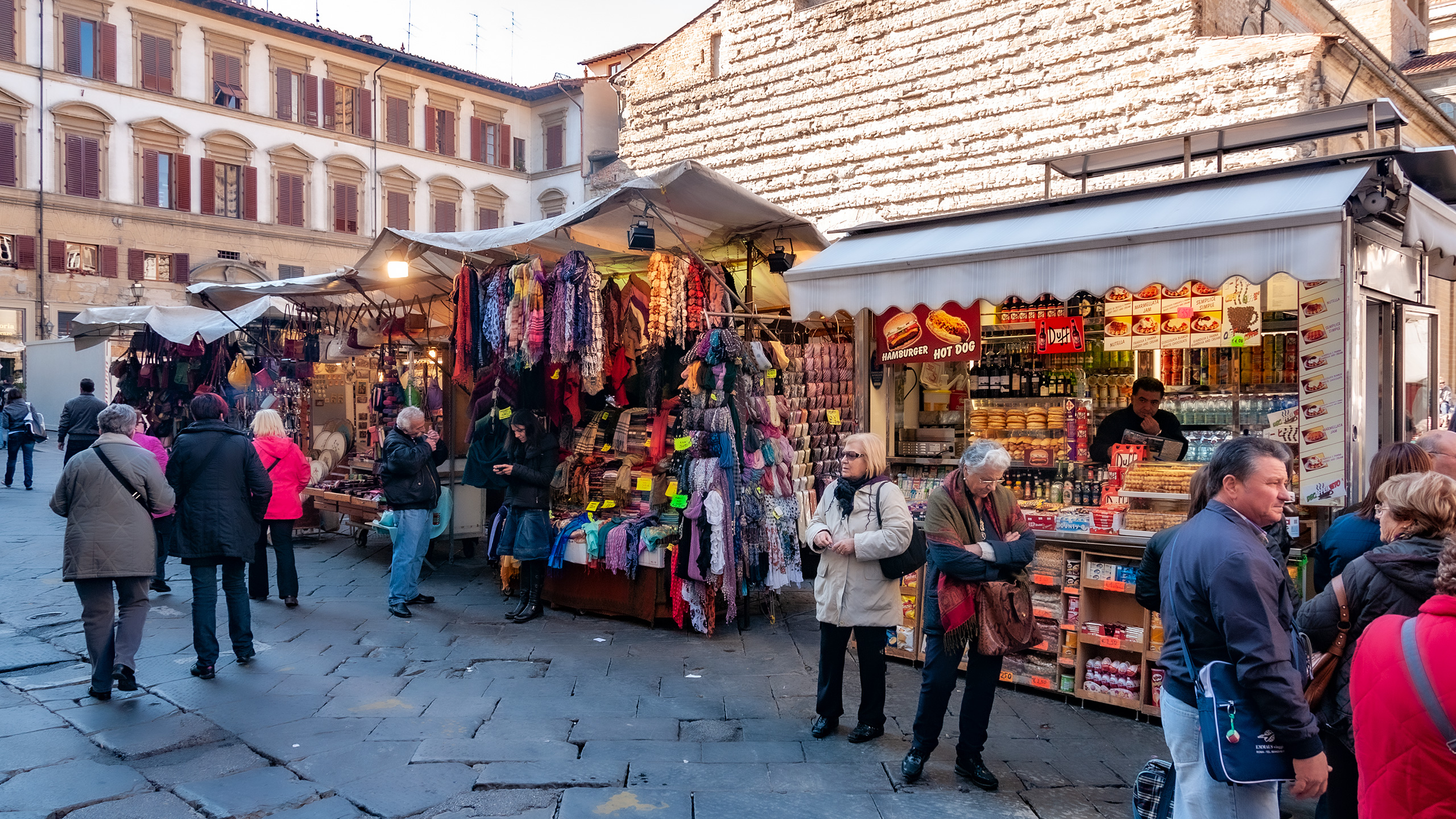
Single-Crew Workplaces
A Single-Crew Workplace is one that is operable, as the name implies, by only a single crew. If you want to make stuff happen soon in your town, activate the Single-Crew Workplace. Struggling towns serious about recovery encourage Single-Crew Workplaces, where one or two people can start a business. They're tiny, like a food cart, and cost far less than bricks and mortar stores. The Single-Crew Workplace is a true silver bullet of urbanism and the birthplace of the middle class. Want a stronger middle class? Make it easier for a single person to start a business with their crew.
If the day is long, like at the Rum and Bean at Mahogany Bay, there’s a morning & lunch crew of one person and an evening crew of one person, as the place is only 14’ x 24’. And of course they have people who can fill in in a pinch, kind of like a substitute teacher. So "single-crew" means one crew at any given time.
I know the narrative of the failure of small businesses, but those tend to be businesses starting at conventional ULI size standards, then trying to grow unwisely. Start impossibly small, and the dynamic is much different. It’s hard to start a bricks-and-mortar restaurant on a suburban outparcel burdened by normal parking requirements, etc. for less than a million dollars. Meanwhile, we are partners with our son Sam in his award-winning food cart in Portland and it cost us only $30,000 for him to get started. 1/30 of the conventional ULI standards.
Towns that want a stronger middle class should smooth the path to establishing and sustaining small businesses. The smaller the barriers to entry, the more robust the local business community will be.
If someone wants to play in the ULI world, I wish them luck. But if I’m an investor, I’m betting on Sam. It's getting clearer all the time that the ability to start impossibly small is a huge key to sustaining things in a healthy way, long into an uncertain future. Grassroots scale is our friend on many counts, including the following:

Interesting Places
For a given square footage of commercial space in a neighborhood center, a couple large businesses are both physically boring, and boring on their offerings. Two 10,000 square foot businesses either side of one block of a Main Street can only be so much and sell so much. Made up instead of 20 500 square foot Single-Crew Workplaces either side of that same block, and it's far more interesting, and together, they might just sell everything you need on a daily basis.

Interesting People
As noted above, Single-Crew Workplaces allow far more people to get in the game. Sam would have never had a chance getting us to invest a million dollars, because we simply don’t have it. But when more people can play, like the people Lean Urbanism hopes to open doors for, and the people who are already playing in the Incremental Development Alliance, you don’t just have a more interesting physical environment and more interesting product offerings, but you also have a more diverse (therefore more interesting) cadre of proprietors.

Regulation
A city helping small business succeed is not so much an act of investment as it is an act of getting out of the way and regulating less. Regulation should follow risk; the larger the business, the more tightly they should be regulated because they impact more people.
Regulation at the scale of a single crew should be much lighter than regulations at the industrial scale. There is no way that Janna’s Food Farm in Rogersville, Alabama and the couple dozen hens who reside and lay there should be regulated like the industrial egg operation in the midwest which produces about 60% of the eggs in the US. The industrial operation can sicken tens or hundreds of thousands at once; Janna's hens only serve her small rural community.
The regulators haven’t caught onto this yet, but they should, given how financially strapped cities are now. The more communities of Single-Crew Workplaces can be treated like a Pink Zone, the lower the burden is on the local regulators. Many small distributed is far more resilient than few centralized at industrial scale.

Transportation
Transportation at the scale of many small businesses distributed along the thoroughfare network is less burdened than industrial-scale concentration served by industrial-distance transportation. It can even be small enough to require only a pedestrian street like this one. Pop-up single-crew workplaces happen easily in good urbanism with high Walk Appeal because there are nooks and crannies where they can be right in the action but not in the way. But sprawl-engineered stroads have no such opportunities for tucking small workplaces into the fabric of the place.
I’ve been following the 15-Minute City discussion for several months. I posted a particularly incisive Guardian story here a few months ago that made a strong case for building tightly interlinked hyper-local economies that basically produce and provide most services within the 15-minute city. This flies in the face of industrial doctrine that efficiencies can only be achieved at huge scale; the flip side is that huge scale creates huge fragility and low resilience. The new gold standard is that as many supply chains as make sense exist entirely within the 15-minute city. Obviously, computer or car manufacturing won't happen within walking distance of almost any of us, but a lot more needs can be met nearby than what are currently taking place. Before the Industrial Revolution, this was commonplace around the world on streets that were usually small.
Search the Original Green Site
Buy the Original Green book on Amazon

Rather Buy Indie?
Contact Sundog Books at Seaside, which is our favorite bookstore ever!
Speaking
I speak on the Original Green across the US and abroad. Would you like for me to speak (via Zoom these days) at your next event?

Got an idea?
If you have an idea for a story, or know about work we need to feature...
Subscribe
... to receive periodic Original Green news releases. Here's our full Privacy Policy, where you'll see that we will not share your info with anyone else, nor will we sell it to anyone. All three fields required.
Home
Origins
Foundations
Nourishable Accessible Serviceable Securable Lovable Durable Adaptable Frugal Education Economy Culture Wellness
Resources
Original Green Scorecard Initiatives Presentations Reading List Quotes Links Tweetroll
Stories
OGTV
Media Room
Bios Press Speaking
© 2021 Mouzon Design, Inc.